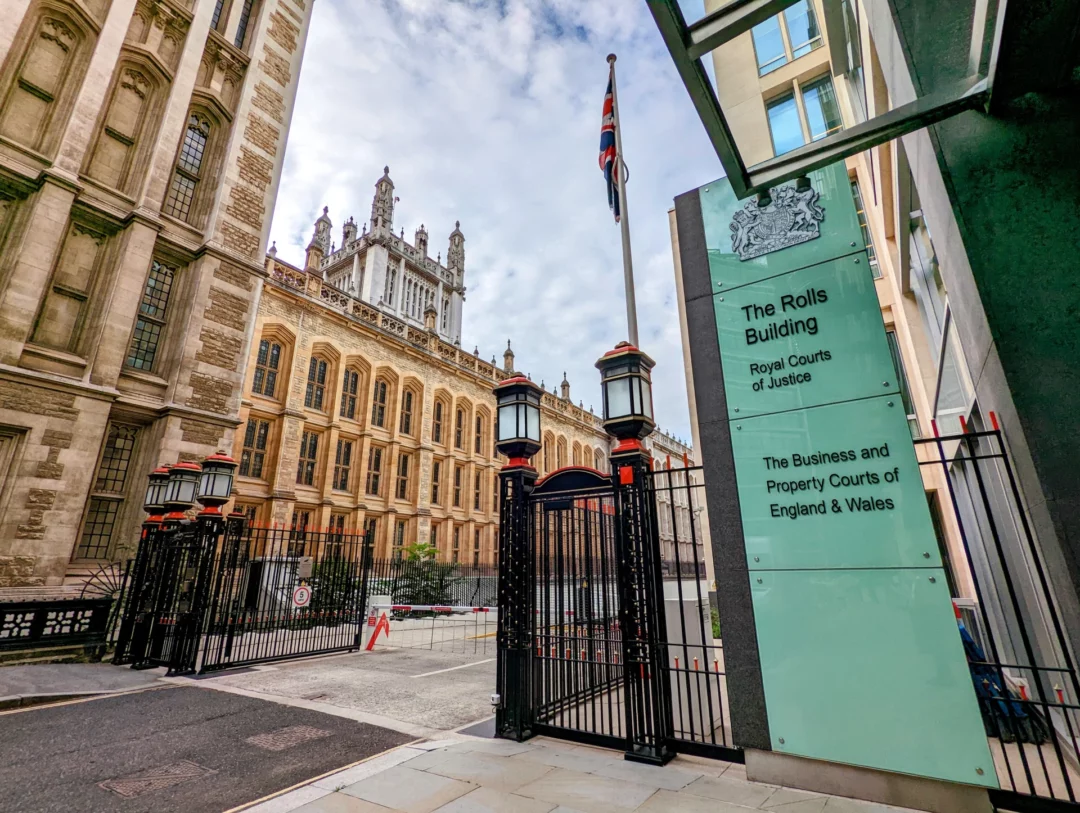
Court Judgment Highlights Rules Regarding Claim Form Service
The case of Dr Markus Boettcher v (Xio (UK) LLP & Ors [2023] EWHC 801 (Comm) (05 April 2023) recently had an interim judgment decided by the Commercial Court.

The case of Dr Markus Boettcher v (Xio (UK) LLP & Ors [2023] EWHC 801 (Comm) (05 April 2023) recently had an interim judgment decided by the Commercial Court.

An award of indemnity costs might give a party in a lawsuit a major advantage, due to the fact that the paying party will be responsible for the legal expenses and the proportionality criterion will not be applied. Since costs on the standard basis are the norm, the indemnity costs principle (included in Civil Procedure Rules 44.3(3)) can be considered punitive in nature.

In the case of Robert Don Hunter Dougan v HMRC [2022] TC8471, the First Tier Tribunal (“FTT”) ruled the taxpayer had not deliberately intended to cause a loss…
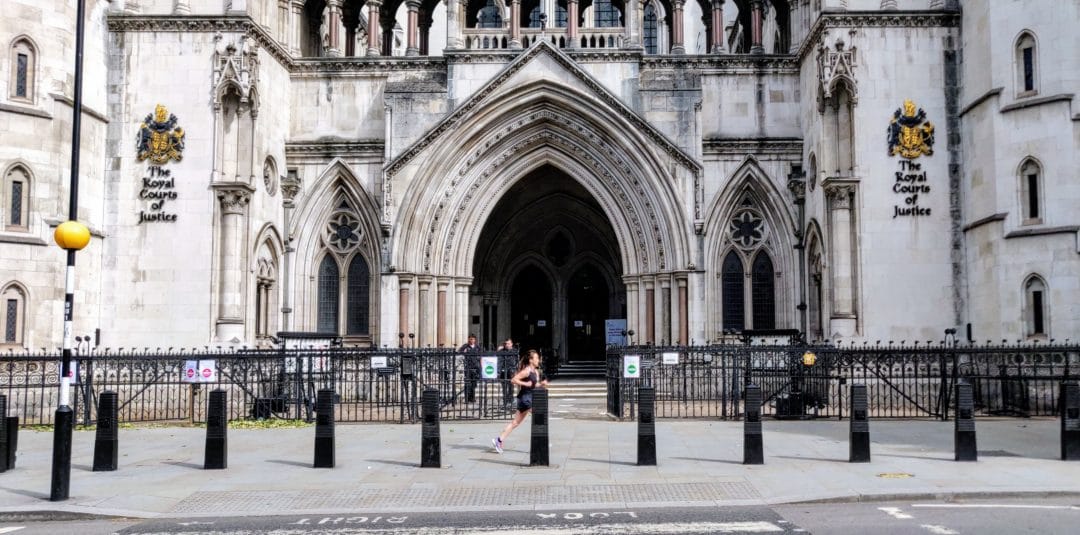
In Gorbachev v Guriev & Ors [2022] EWHC 1907 (Comm), the Court of Appeal held that it had jurisdiction to permit service of a third-party disclosure application outside…

UK judges opened a path for a group of more than 200,000 plaintiffs to bring a suit against BHP Group Ltd over its role in the collapse of…

Expert evidence is important and can help prove a claim or disprove allegations, especially where the case involves matters on which the court does not have the requisite technical or academic knowledge, or the case involves issues of foreign law. Unlike witnesses of fact, a qualified expert is permitted to give opinion evidence on any relevant matter.
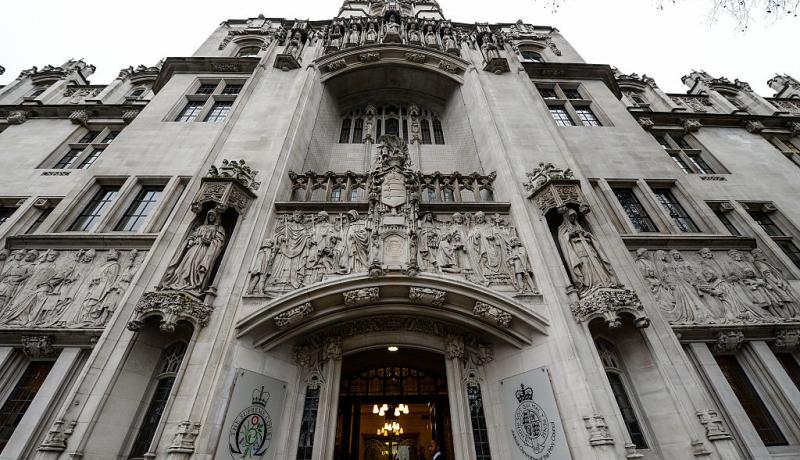
In a midnight deadline case, there is a complete undivided day following the expiry of the deadline, which should be included when calculating the limitation period. It is, therefore, crucial that limitation issues are considered at the outset of any potential claims.

The High Court has refused permission for two property developers to amend their initial agreed cost budget of approximately £1.5 million after an attempt to request almost double the sums allowed.
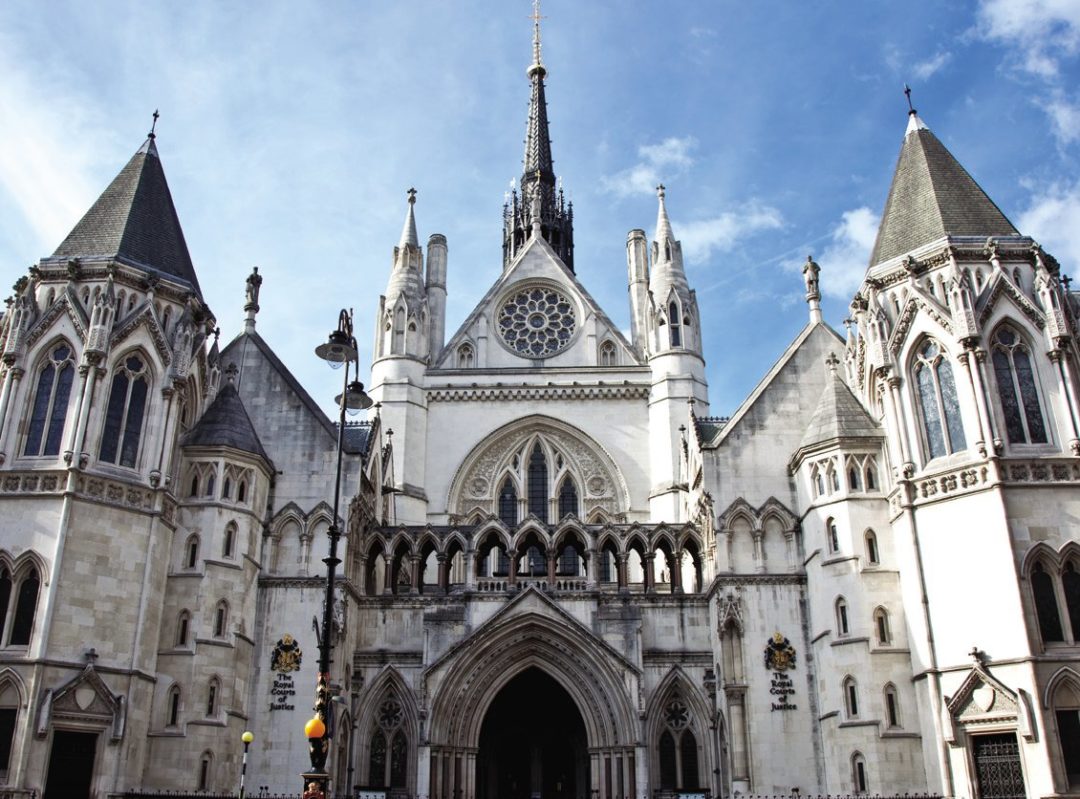
The High Court has held that singer Ed Sheeran, ignored CPR Part 18 Requests for Information from Defendants in a copyright infringement case. The Court takes breaches of its rules seriously.
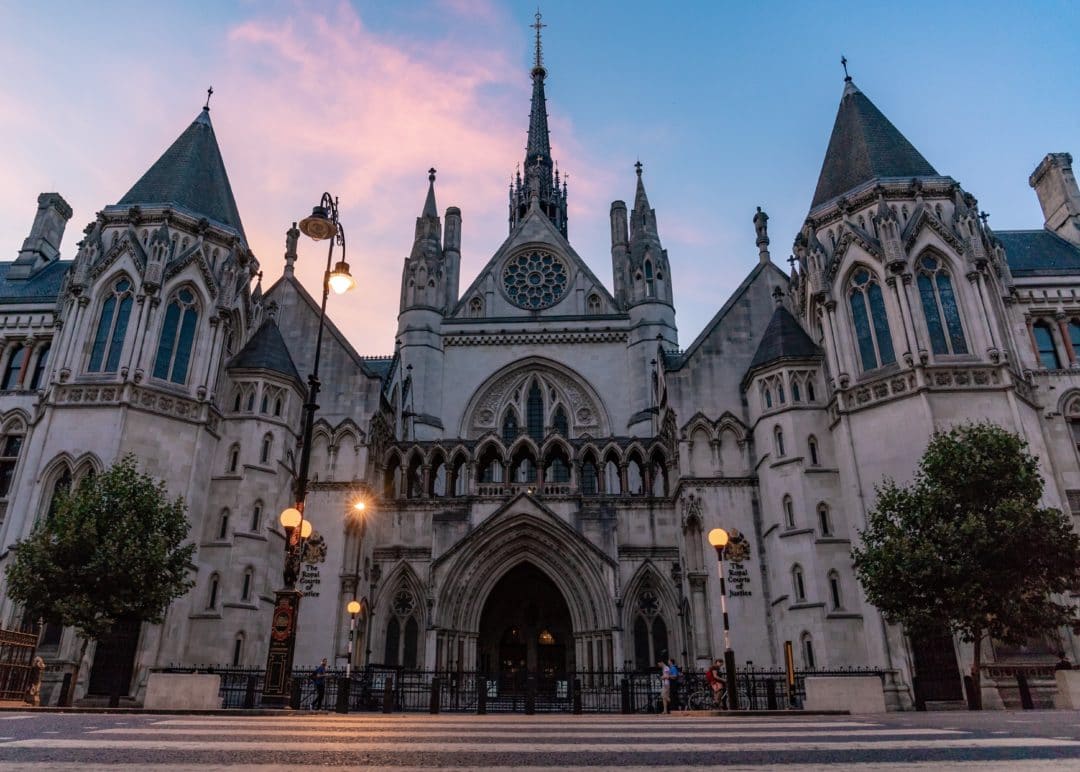
The third amendment to the Civil Procedure Rules 2020 will come into effect from 1 October 2020. Following a public consultation, extensive revisions were undertaken to condense the previous rules and to set out a uniform procedure. The new Part 81 reduces the number of rules from 38 to 10. Our specialist litigation lawyers can advise you in relation to any contempt of Court applications you may wish to issue or defend.